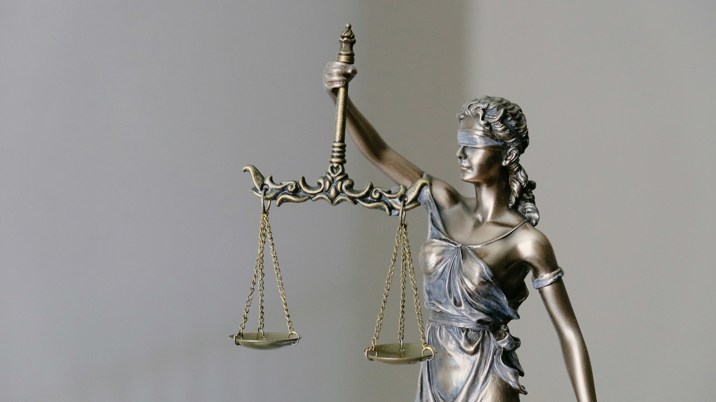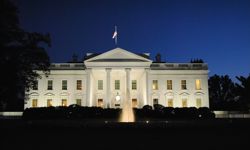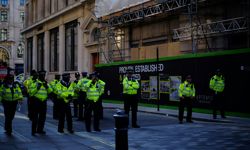
The Society of Editors has described reports that the Police Service of Northern Ireland routinely accessed the phone data of “troublemaker” journalists as “deeply alarming”.
The claims, which were made as part of an Investigatory Powers Tribunal hearing in London last week, suggested that police in Northern Ireland routinely undertook six-monthly trawls of the phone data of “troublemaker” journalists in a bid to identify their sources. The revelations were made as part of a Tribunal hearing into claims that journalists Trevor Birney and Barry McCaffrey were subjects of covert surveillance by police following a 2018 documentary they had worked on into the 1994 Loughinisland UVF massacre.
Speaking after last week's hearing, Dawn Alford, executive director of the Society of Editors said: “The Society is deeply alarmed by reports that the Police Service of Northern Ireland routinely accessed the phone data of those they deemed “troublemaker” journalists simply for doing their job.
“Such behaviour would be a clear abuse of power and would ride roughshod over the rights of journalists to protect their sources. Unlawful surveillance of journalists does nothing for public confidence in policing and greatly undermines the ability of journalists to properly scrutinise and hold those in power to account on behalf of the public.
“Journalism is not a crime and journalists should not be treated as criminals simply for telling the truth.”
The tribunal heard today that, as part of 600 pages of new evidence disclosed to the tribunal ahead of a substantive hearing in October, a Durham Constabulary minute of a meeting between the senior investigating officer from Durham, Darren Ellis, and two PSNI detective sergeants working in intelligence operations suggested that there was a PSNI “defensive operation” against journalists in the region.
Ben Jaffey KC, representing Mr McCaffrey, told the tribunal: “It appears to disclose the existence of what the PSNI call a defensive operation involving the cross-referencing of billing with police telephone numbers on a six-monthly basis of what appear to be a group of Northern Irish journalists who have written unobliging things about the PSNI.”
The PSNI and other respondents in the case have been asked to respond to the issues ahead of a further review hearing in July.
Birney and McCaffrey were falsely arrested in 2018 during an investigation by Durham Constabulary, supported by the PSNI, after a draft copy of a Police Ombudsman’s report into the 1994 massacre was shown in the 2018 documentary. The PSNI unreservedly apologised for how the men had been treated and agreed to pay £875,000 in damages to the journalists and the film company behind the documentary.
Keep up-to-date with publishing news: sign up here for InPubWeekly, our free weekly e-newsletter.











